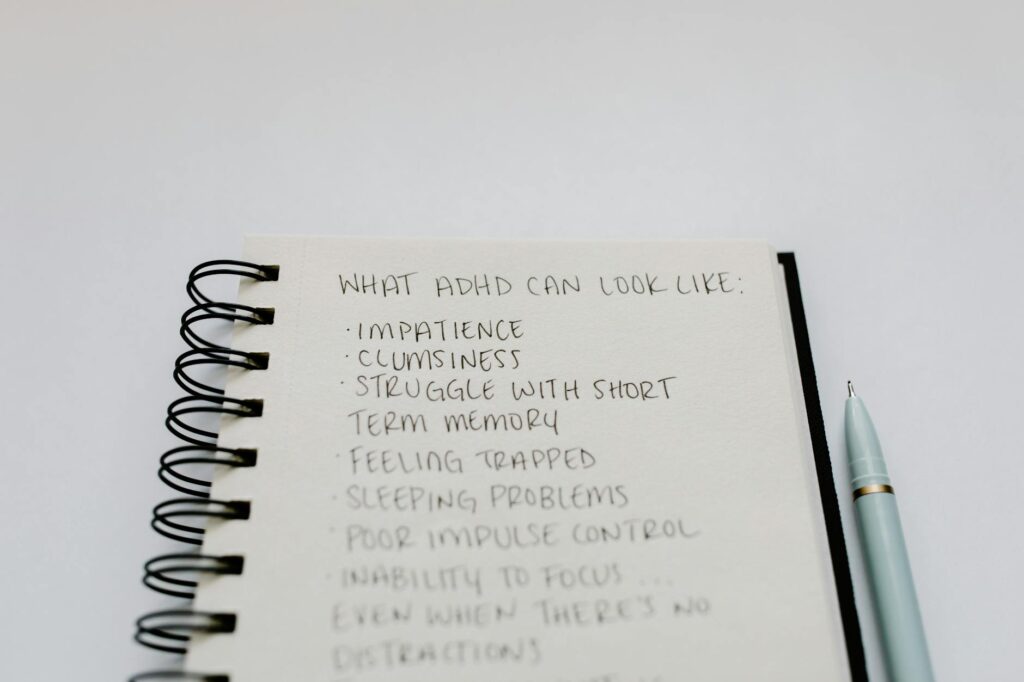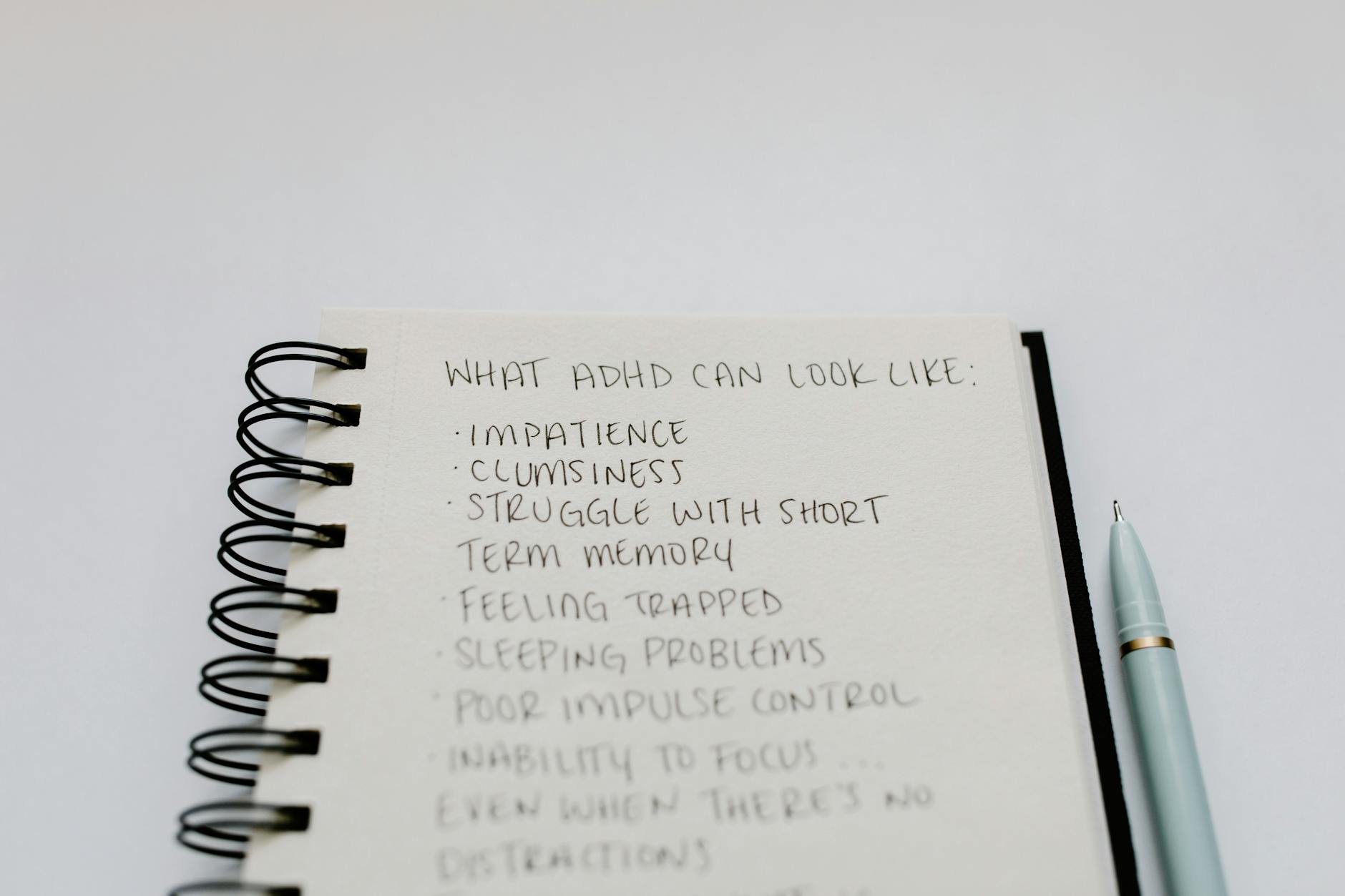What is impulsivity symptoms?

What is impulsivity symptoms?
Impulsivity symptoms are often described as the tendency to act on whims without considering the consequences. These behaviors can significantly impact various aspects of life, from productivity to relationships. Understanding impulsivity is crucial for personal development, effective time management, and enhancing overall well-being.
Understanding Impulsivity Symptoms
Impulsivity symptoms encompass a range of behaviors characterized by a lack of forethought and self-control. Individuals experiencing these symptoms often find themselves making hasty decisions without weighing the risks or considering the long-term implications. This can manifest in various forms, from spontaneous purchases to reckless driving.
Common Impulsivity Symptoms
Some of the common impulsivity symptoms include:
- Difficulty Delaying Gratification: People may struggle to wait for rewards, opting for immediate pleasure instead.
- Making Hasty Decisions: Quick, often poor choices can lead to negative outcomes in various life situations.
- Engaging in Risky Behaviors: This includes activities like substance abuse, gambling, or unsafe driving, often without considering potential dangers.
- Interrupting Others: Impulsivity can lead to difficulty in social settings, where individuals may struggle to wait for their turn to speak.
- Easily Distracted: A wandering mind can make it hard to focus on tasks, affecting productivity.
These symptoms can disrupt daily life and limit personal growth. For more detailed insights, you can refer to resources such as WebMD.
Impacts of Impulsivity Symptoms on Daily Life
Impulsivity symptoms can have profound effects on various aspects of daily living:
- Work Performance: Impulsive individuals may struggle with meeting deadlines or following through on projects, leading to underperformance.
- Personal Relationships: Quick reactions or decisions can strain interactions with family and friends, causing misunderstandings or conflicts.
- Overall Well-Being: The stress that arises from impulsive behaviors can negatively affect mental health, leading to feelings of guilt or regret.
Addressing these symptoms can be pivotal for improving daily functioning and life satisfaction.
Causes and Contributing Factors
Understanding the causes behind impulsivity symptoms is essential for effective management.
Biological Factors
Genetic predispositions and neurological issues can contribute to impulsivity. Research suggests that certain brain structures involved in decision-making and self-control may not function optimally in individuals who exhibit high levels of impulsivity. For instance, conditions like ADHD are closely linked with impulsive behaviors. You can explore more about ADHD and its impulsivity symptoms here.
Environmental Influences
Environmental factors, such as upbringing and cultural context, can also shape impulsivity. A chaotic home life or a lack of positive role models may contribute to the development of impulsive tendencies. Additionally, cultural attitudes towards risk-taking can either exacerbate or mitigate impulsive behaviors.
Managing and Mitigating Impulsivity Symptoms
There are numerous strategies available for individuals seeking to manage impulsivity symptoms effectively.
Cognitive Behavioral Techniques
Cognitive-behavioral strategies can be very effective in recognizing and altering impulsive behaviors. Techniques like journaling to reflect on impulsive actions can help identify triggers and patterns. By understanding these, individuals can work on developing healthier responses.
Mindfulness and Self-Regulation
Practicing mindfulness can significantly improve self-control. Techniques such as meditation or deep-breathing exercises can help create a pause between an impulse and actions. This space allows for reflection and better decision-making, ultimately fostering greater self-regulation. The role of mindfulness in managing impulsivity is discussed in more detail by sources like Healthline.

Photo by Tara Winstead
When to Seek Professional Help
For some, impulsivity symptoms can become overwhelming and interfere with daily functioning. Recognizing the signs that professional help is necessary is crucial.
Signs That Professional Help Is Needed
You might consider seeking help if you experience:
- Consistent Trouble in Relationships: If impulsivity is causing repeated conflicts with loved ones.
- Inability to Manage Work Tasks: Struggling to meet job expectations or consistently facing disciplinary actions.
- Legal Issues: Repeated encounters with law enforcement due to impulsive actions.
- Feelings of Guilt or Shame: Persistent feelings of regret stemming from impulsive decisions.
Professional guidance can provide tools for managing impulsivity effectively, leading to improved quality of life.
Conclusion: Embracing Self-Control
In summary, understanding and managing impulsivity symptoms is vital for improving productivity and overall life satisfaction. By recognizing the characteristics of impulsivity, exploring the underlying causes, and implementing effective strategies, individuals can cultivate self-control and enhance their daily experiences. Embracing these changes can lead to a more balanced and fulfilling life.
For those looking to dive deeper into strategies for managing impulsivity, resources such as Verywell Mind offer valuable insights.